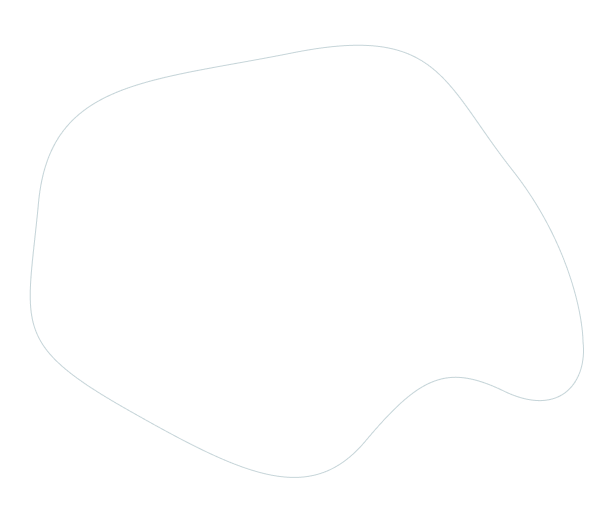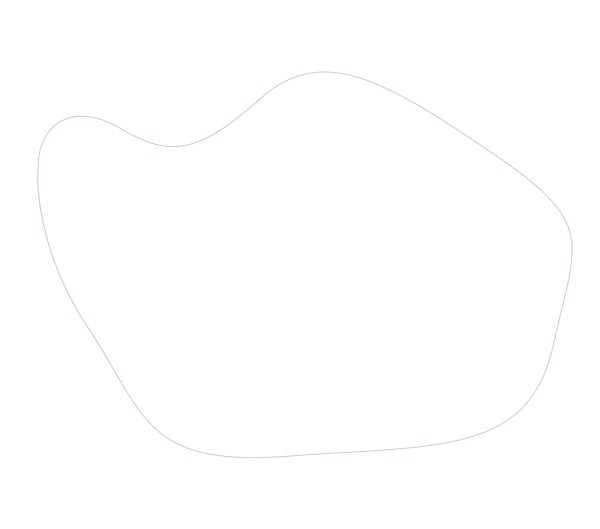

New research out this month is saying that Australian’s aren’t getting enough sleep – and that it’s slowly killing us.
The research reportedly found that Australian’s are getting only 6.5 hours of sleep a night on average. However, the report also stated that nearly 12 per cent of Australians are getting only 5.5 hours per night… or less. The research further showed that up to 45 per cent of people have poor sleep patterns and the number of health issues caused by this lack of sleep has risen by 10 per cent since 2010.
The report went on to say that health consequences directly attributed to lack of sleep include a greater risk of:
• Diabetes
• Stroke
• Heart Disease
• Obesity
• Mental Illness
• Cognition problems
• Memory loss
Concerningly, the report also found that one-in five people say they have nodded off while driving and that lack of sleep claims the lives of approximately 3,000 people per year. According to the study’s lead researcher, Professor Robert Adams, a large part of the problem is that for many Australians, our body clocks are out of alignment, a problem known to negatively impact health and wellbeing.
Social Implications
As well as the physical health issues associated with lack of sleep, the research found that one-in-three people suffer from ‘social jet lag’ as a direct result of poor sleep behaviours. This ‘social jet lag’ apparently can cause people to become less social and as a result, much lonelier. The report indicated that this social jet lag is leading to major anxiety issues, depression, low self-esteem and mood swings.
Impact on Children/Teenagers
Although inadequate sleep is strongly related to the prevalence of mental illness in all age groups, our young people are especially at risk, with sleep disturbance being cited as the fourth most common health issue amongst 12-24 year olds. The report found that this is of particular concern because teenagers require more sleep in order to function healthily. It also concluded that sleep problems that occur during childhood/teenage years can lead to severe depression later in life.
Causes of lack of sleep
The most common causes of this new ‘sleep crisis’ include:
• Stress
• Disorders such as sleep apnoea
• Lifestyle factors
• The use of screened devices in the bedroom
How to Choose the Best Children’s Pillow
How to sleep well
• While there’s no denying that electronic devices are a part of our life, a small step like putting devices away an hour before bed has proven to provide more, and better quality, sleep.


• Make the bedroom an inviting place to be. Ensure it is a sanctuary away from electronic devices such as TV’s, tablets and mobiles and that it is comfy and welcoming.


• If the mattresses in your home aren’t as comfortable as they once were, look at investing in new mattresses or perhaps consider a mattress topper. Mattress Toppers can significantly improve the quality of sleep and are available from Bambi in various types, including our extremely popular MoodMaker fully fitted memory foam toppers.
• Check that you are sleeping on the correct pillow. Sleeping on a pillow that hasn’t been fitted to your style of sleeping/body frame can be extremely detrimental to proper, recuperative sleep.
• Consider sleeping on natural bedding as opposed to synthetic bedding such as polyester or microfibre. Synthetic fibres are not as breathable and can become very hot. Natural fibres are generally cooler, more breathable and are much more healthful. Consider Pure new Wool, Tencel (Eucalyptus fibre), Ingeo (Corn fibre) or Alpaca.
• If you are a hot sleeper, or you are menopausal, consider a cooling bedding product. Bambi’s CoolTouch Mattress Protectors and Pillow Protectors are excellent as they have a 10 year product warranty (meaning they will stay cool to the touch for 10 years, no matter how often they are laundered). Also consider Bambi’s flip pillows and pillow protectors which have a cool surface on one side of the product and a Tencel blend surface on the other. Tencel is also a naturally cool fibre and therefore is perfect for hot summer nights.
• Try to wind down before bed. Take a relaxing stroll, read a good book or have a warm, luxurious bath.







